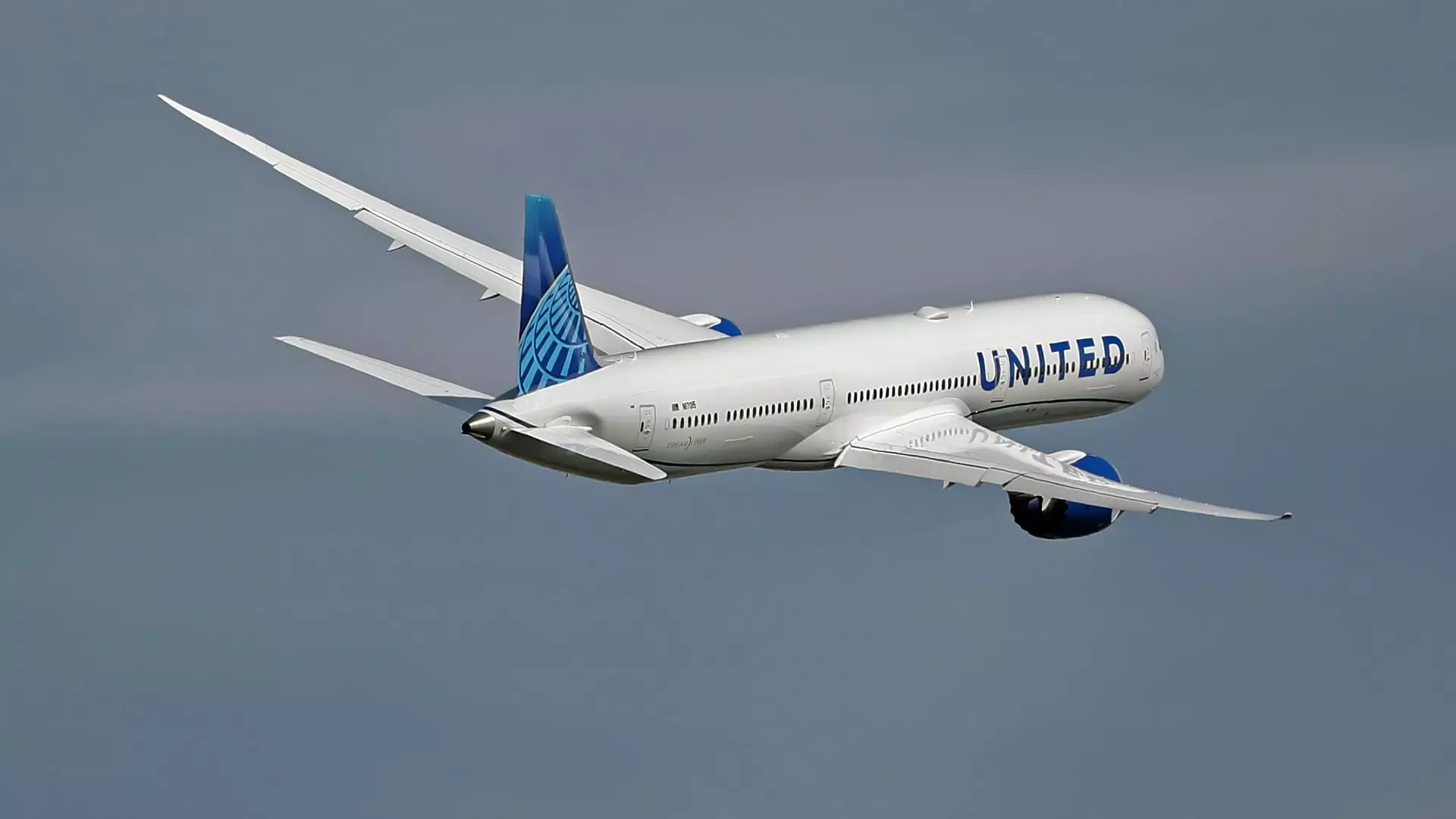United Airlines is facing financial constraints due to late-arriving aircraft from Boeing, prompting the airline to request pilots to take unpaid time off next month. This move is a clear indication of how Boeing’s production problems and safety crisis are directly impacting the growth plans of its customers. The reduction in forecast block hours for United is a direct result of changes to Boeing deliveries, particularly surrounding the 787 and 737 fleets.
United Airlines had previously announced a pause in pilot hiring this spring as a result of delays in Boeing aircraft deliveries. The airline was scheduled to receive 43 Boeing 737 Max 8 planes and 34 Max 9 models this year, but those numbers have since been revised down to 37 and 19, respectively. Additionally, United’s expectations for receiving Max 10 models have been altered due to certification delays from the Federal Aviation Administration.
United CEO Scott Kirby has been vocal about the challenges posed by Boeing’s production problems and delivery delays. The recent crisis involving a door plug incident on a Boeing 737 Max 9 further highlights the issues faced by both Boeing and its customers. The announcement of Boeing CEO Dave Calhoun’s departure at the end of the year adds to the uncertainty surrounding the company’s future leadership.
Overall, the impact of Boeing’s production problems on United Airlines is significant, leading to financial constraints, pilot hiring pauses, and revised fleet expectations. As Boeing works to address these challenges and regain trust from its customers, airlines like United are left to navigate the repercussions of these delays. The future outlook for United and other airlines reliant on Boeing aircraft remains uncertain as the industry continues to grapple with ongoing production issues and safety concerns.

